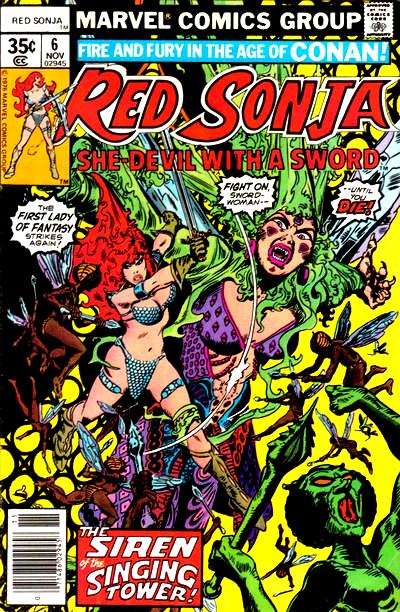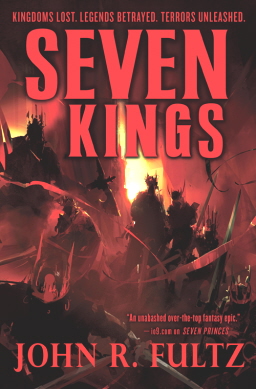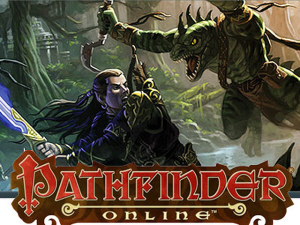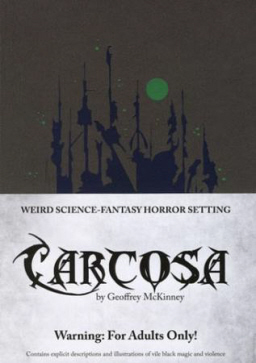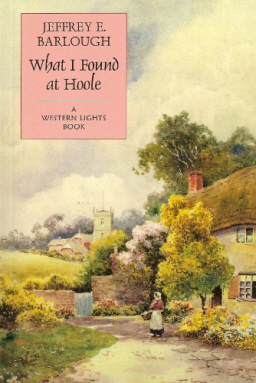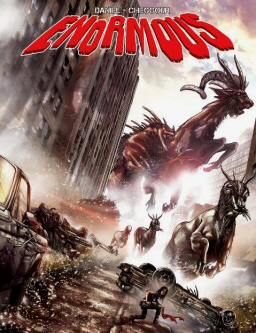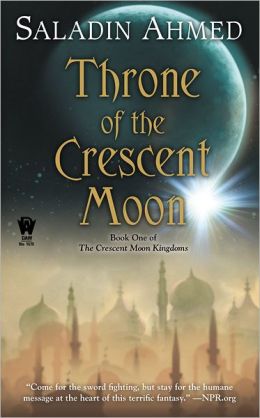Brian Catling and The Vorrh
 Raymond Roussel was a French surrealist writer who died in 1933, aged 56; one of his most famous works, Impressions of Africa, was a self-published novel (later turned into a play) depicting a fantastical African land based on no actual place, which contained a forest called the Vorrh. Late last year, the English sculptor and poet Brian Catling published his second novel, a story based on Roussel’s work: The Vorrh, first of a projected trilogy, described on its back cover as an epic fantasy. It’s a powerful book, precise and unexpected in its use of language and its plot construction, a dizzying and straight-faced blend of history and the unreal.
Raymond Roussel was a French surrealist writer who died in 1933, aged 56; one of his most famous works, Impressions of Africa, was a self-published novel (later turned into a play) depicting a fantastical African land based on no actual place, which contained a forest called the Vorrh. Late last year, the English sculptor and poet Brian Catling published his second novel, a story based on Roussel’s work: The Vorrh, first of a projected trilogy, described on its back cover as an epic fantasy. It’s a powerful book, precise and unexpected in its use of language and its plot construction, a dizzying and straight-faced blend of history and the unreal.
But beyond that, what is it, exactly? How are we to approach this book? Sure, you could call it ‘epic fantasy’ if you like — it’s very long, and there is fantastic matter in it, though no secondary world — but it’s so different from most other epics, and most fantasy as a whole, that the term is effectively useless. It’s mostly set in the years after World War One, but although there are scenes with peculiar Victorian technology and bakelite automata, it mostly avoids any feel of either steampunk or such recently-coined retrofantasies as dieselpunk or decopunk. It’s a little like the New Weird, but again that’s a category elastic enough as to mean very little, and the implication of a conscious distinction between the work at hand and a larger field of fantastic fiction seems misplaced; this is not a novel that seems to have been written out of an inherent interest in fantasy traditions, but a work that was written because it had to be. So while one can say that the Vorrh of Catling’s novel — a massive forest in which time is confused and myths wander — recalls Robert Holdstock’s Mythago Wood, the feel is something quite different.
So much for taxonomy. Leave aside what to call it. What’s the nature of the thing? What is the experience of reading it? The writing is focussed, highly sensory, unpacking each passing moment; it has the concentration of that fiction which is called ‘literary.’ This careful observation produces fragments of experience from a range of characters; as we go along in the book, their connections to each other become clear. And then as we go further, the structures that define their lived experience, the myths and the communities and the economies, become obvious; interrelations implied. Go to the end, and the whole thing coheres as a connected narrative.
